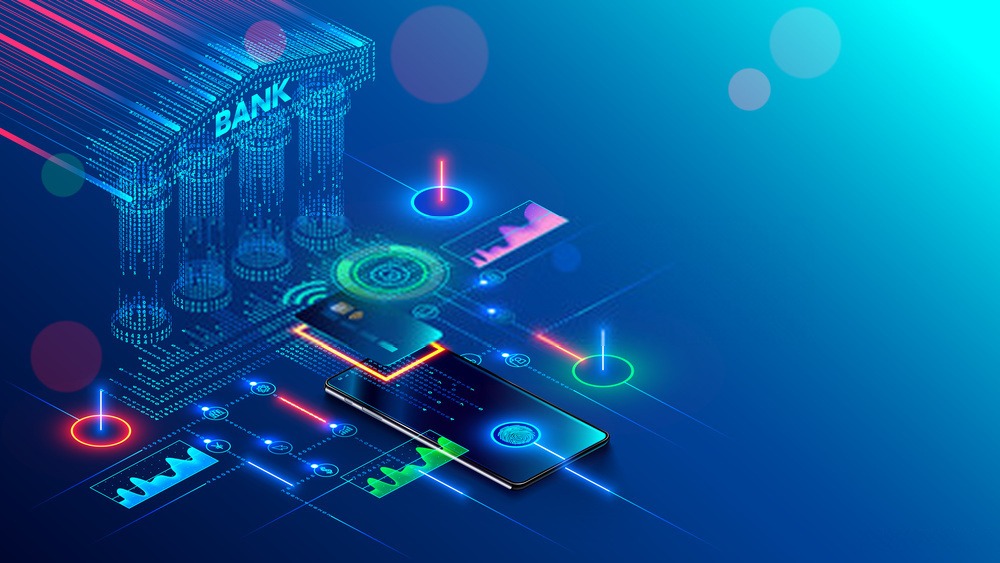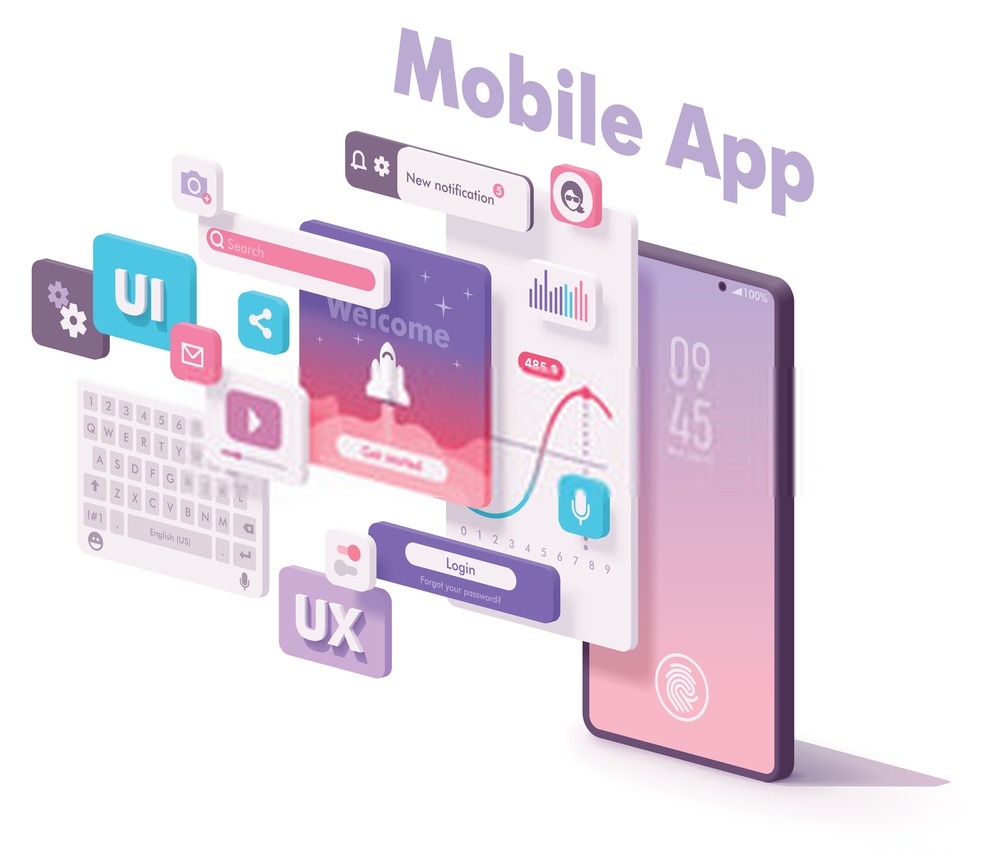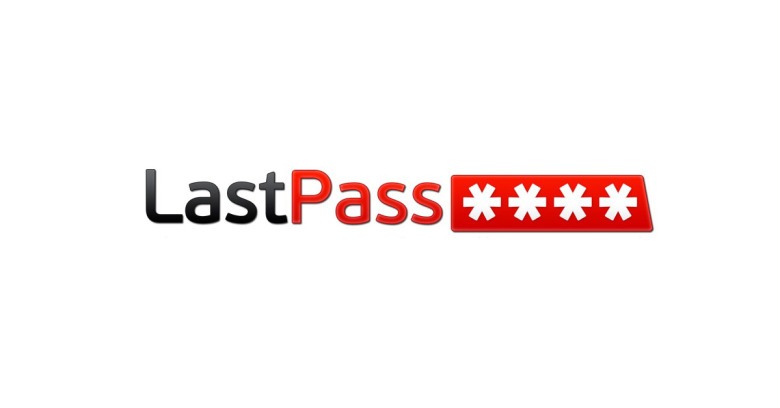
With the development of information and communication technologies, a huge amount of data is circulated every day. On a daily basis, we browse websites or applications that, most of the time, would like to collect a certain amount of our personal data, to operate or improve their services.
As a result, many users find it difficult to gain their trust, especially with frequent data leaks making headlines and scaring internet users.
It still exists Applications that provide you with security and confidentiality through their service. Overview !
1. Secure Mobile Banking Application

Mobile banking is booming today for many reasons, including what’s right for it. In fact, mobile banking is more secure than traditional online banking. In fact, accessing the mobile version of your bank’s website or using a dedicated app is intrinsically safer than using a computer.
why ? Computers are the preferred targets of hackers. Most computers run on the operating system that is most vulnerable to Microsoft attacks. They usually contain a large amount of data and are vulnerable to viruses created by cybercriminals. Over the past decade, they have learned how to operate online banking through customers’ computers. Thus, a desktop computer has been hacked in every possible way, making the computer and the data it contains and transmits particularly vulnerable to fraud.

On the other hand, mobile banking is newer. Operating systems vary, viruses and other malware do not spread, and cell phone technologies themselves are more diverse from manufacturer to manufacturer. Thus computers are the preferred target, while mobile phones are more conserved.
It is also more difficult to hack the networks of mobile operators than the wireless network in your home or local coffee shop. Mobile networks, such as 3G and 4G, have a higher level of encryption and are not open.

As you understand, the banking service that offers a bank app It allows to take advantage of additional layers of authentication, whereby the account holder allows various transactions by SMS or by recalling an additional code or even a fingerprint, making mobile banking more secure.
2. Encrypted messaging apps: Signal first.

You probably don’t want strangers to be able to see your conversations. To avoid eavesdropping, use the free messaging app Signal (for Android and iOS) on your phone. It uses a strong encryption protocol that encodes all your messages, which means that even if someone intercepts it, they won’t be able to read it.
Like the standard messaging app, Signal supports voice and video calls, group chats, GIFs, and emojis. However, the encryption remains active at all times, and if you really don’t want the conversation to leave traces, the app can make your sent messages disappear from the recipient’s phone, just like Snapchat.
3. VPN apps: OperaVPN.

To protect the rest of your information outside of the email, you can use a VPN or VPN app. The latter encrypts all the data your phone sends to the world. This makes it more difficult for anyone, be it your ISP, government agencies, or hackers, to gain access to your communications.
Free VPNs tend to be slower and less efficient than paid VPNs. However, Opera VPN (for Android and iOS) is an exception. Easy to set up and use, this app not only encrypts your activity but also blocks ads from following you across the web and allows you to change your location to determine your location anywhere else in the world.
4. Password management: LastPass

Passwords are the first line of defense for your online accounts. For maximum security, you should have a different account for each account, from your bank to your email. But in reality, who can remember all these individual symbols? Password managers can.
This type of application stores all of your account information — as well as other sensitive data, such as your credit card information — under a single username and password, allowing you to protect your various connections without having to memorize several. The manager can generate strong and random passwords for each account.

LastPass stores and protects your information for free. But if you upgrade to the premium version, you get some additional options: allow your family members to share your account information, and handle two-factor authentication-protected accounts (which require an additional token in addition to the password). password), and login to online applications and accounts.

“Certified gamer. Problem solver. Internet enthusiast. Twitter scholar. Infuriatingly humble alcohol geek. Tv guru.”




